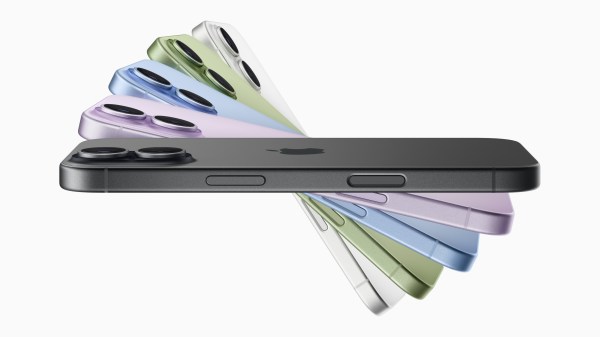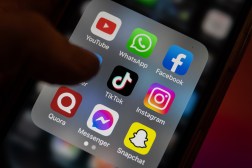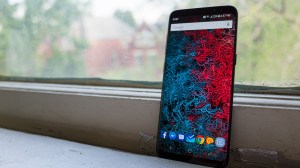Android Play Protect finishes dead last in first security tests
Android’s new Play Protect security system finished dead last in the first round of real-world testing in which Google’s cybersecurity software was put up against nearly two dozen well-established competitors by the German antivirus testing lab AV-Test.
The testing, conducted in September 2017, showed Play Protect detecting 65.8 percent of new malware samples and 79.2 percent of month-old malware. Both numbers count for last place in their categories when compared with results from rivals like Trend Micro, which finished with a 100 percent mark both times.
The industry average was 95.7 percent detection on new malware and 98.4 percent detection on month-old malware.
When reached for comment, a Google spokesperson promised to respond to the test results but did not offer anything further.
The Android security apps that finished best in AV-Test’s rankings were those from Trend Micro, Tencent, Sophos, PSafe DFNDR, Norton, McAfee, Kaspersky, G Data, Cheetah Mobile, Bitdefender, Avast, Antiy and AhnLab.
Google’s Play Protect, launched over the summer of 2017 and touted by Google as “the ideal security blanket,” reached an “inflection point” this year when the majority of malware detections came via machine learning, according to Adrian Ludwig, the director of Android security.
“Since the beginning of the year, the number of devices affected by user-installed malware across the ecosystem went from about 0.63 percent, which is well under one percent where it was tracking steadily for years, to about 0.25 percent,” Ludwig told CyberScoop last month. That’s nearly a 60 percent reduction. “So we basically cut that in half.”
When reviewing the tests, the Register recalled the early days of a similar product: Microsoft’s Windows Defender, the security tool charged with protecting Windows machines. The results were woeful early on but the software is now widely respected and recommended.
Android faces unique challenges. It’s the most popular operating system of all time and the vast majority of Android users are on older operating systems now and will stay there. That’s to say nothing of comparing Android to Apple’s iOS, a more secure offering — on higher-priced devices — because Apple strictly controls nearly every aspect of the devices that use it.
The good news is there’s precedent for improvement. Microsoft’s security success shows that despite Play Protect’s missteps, there are few reasons why Google’s billions can’t build better security in the future.






